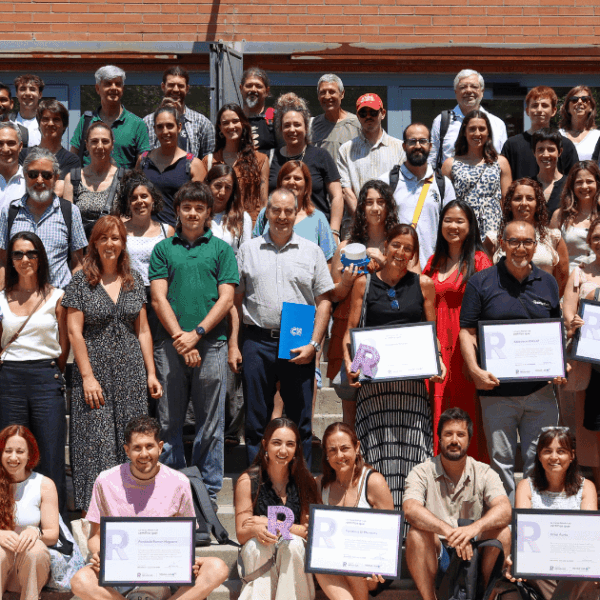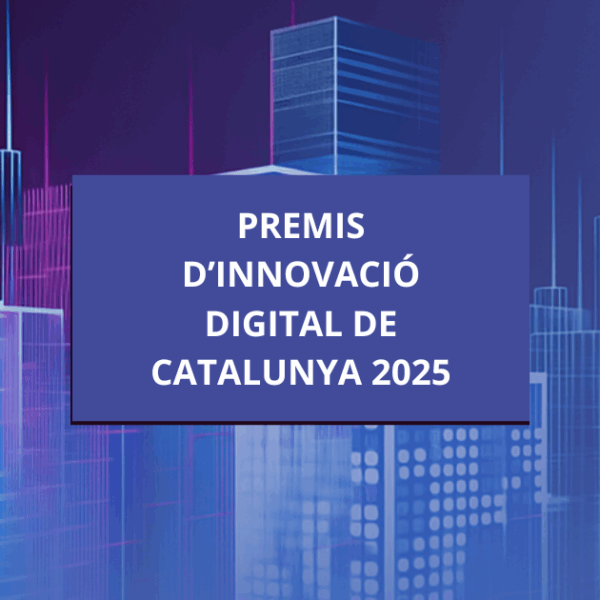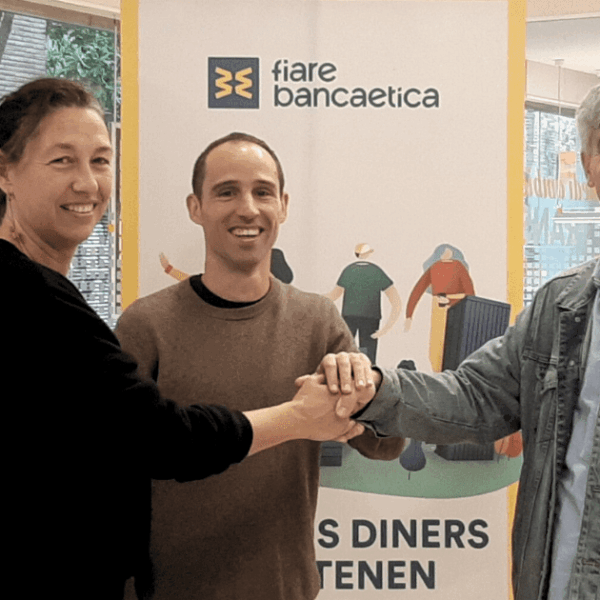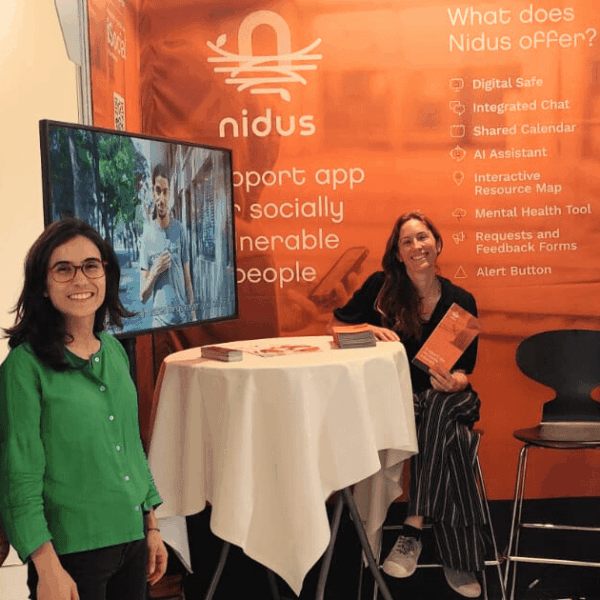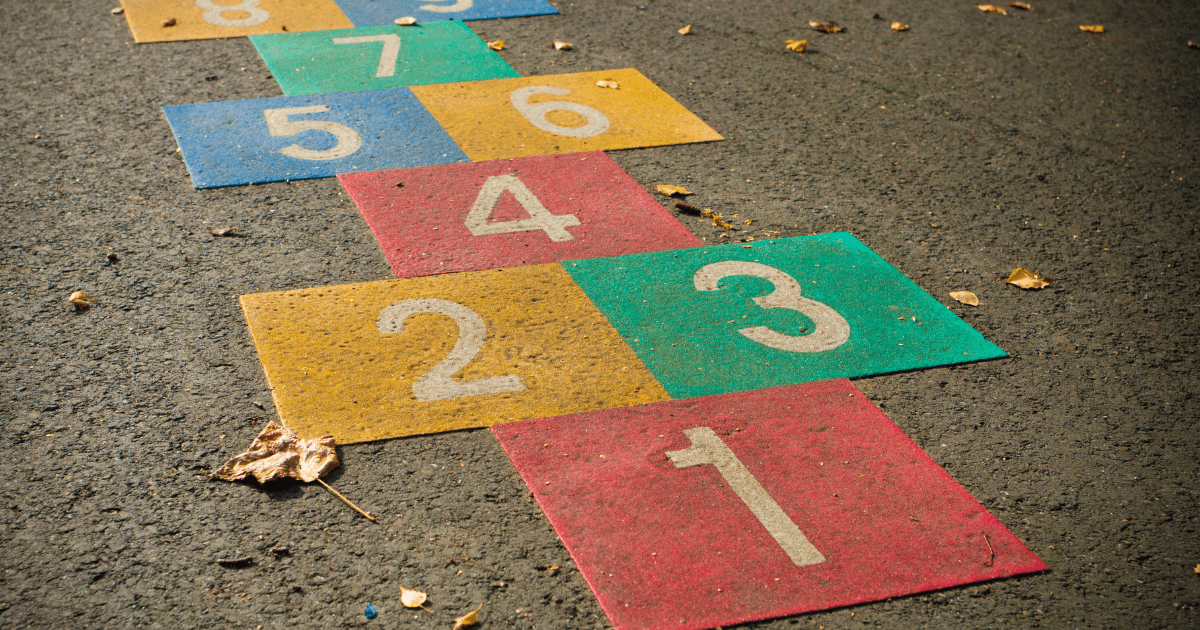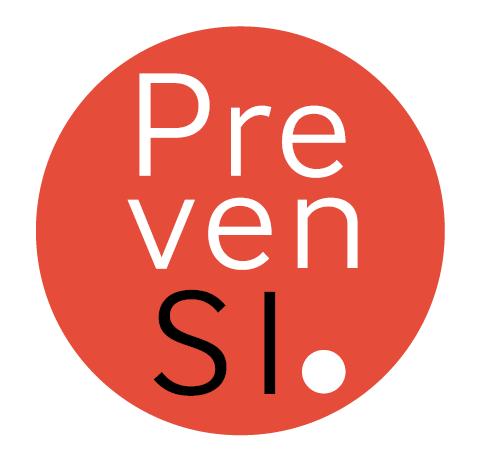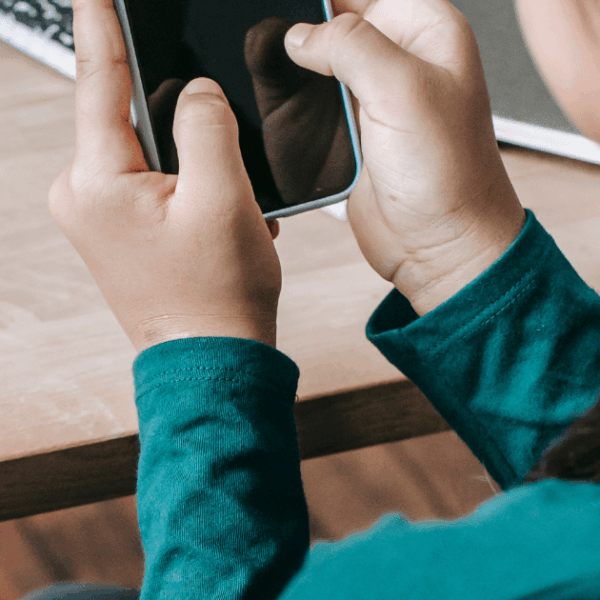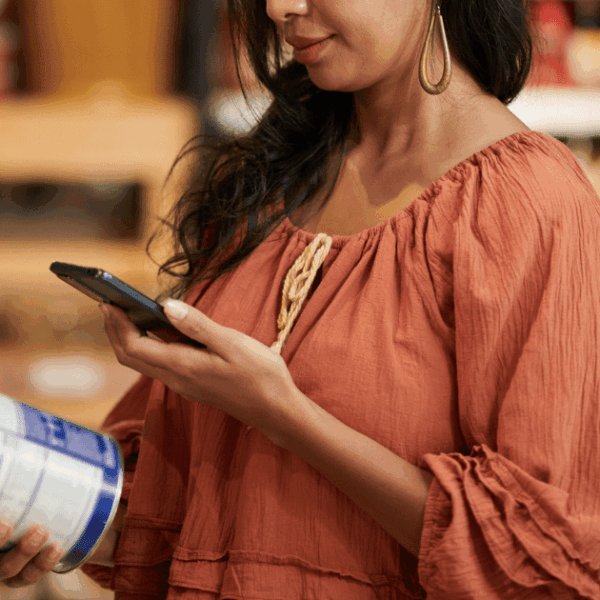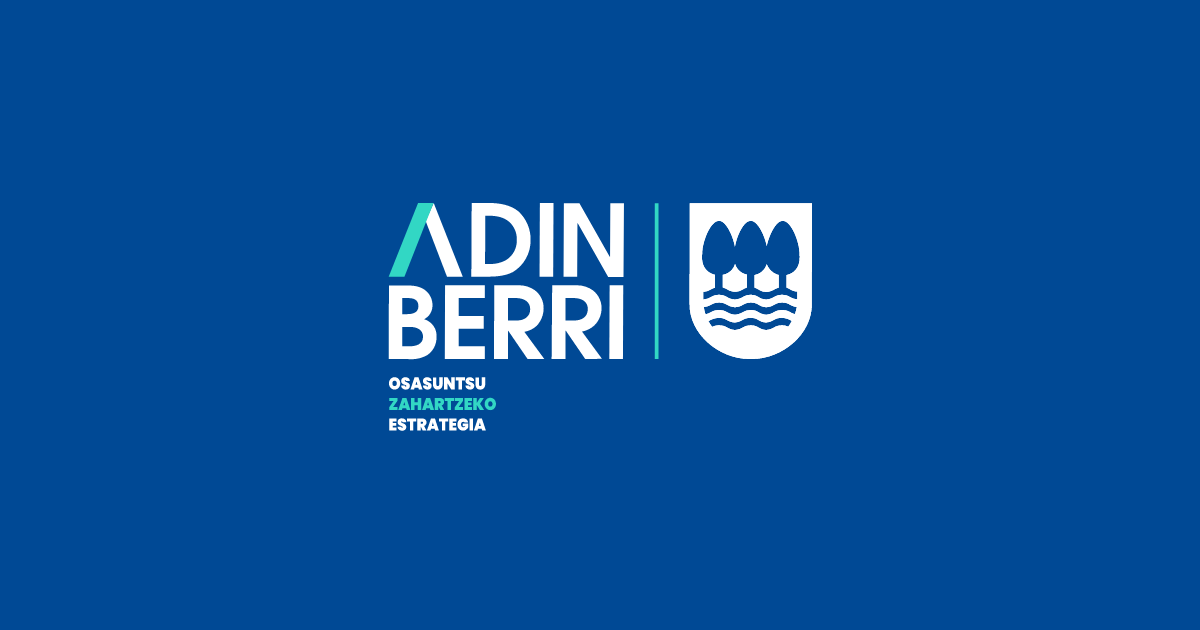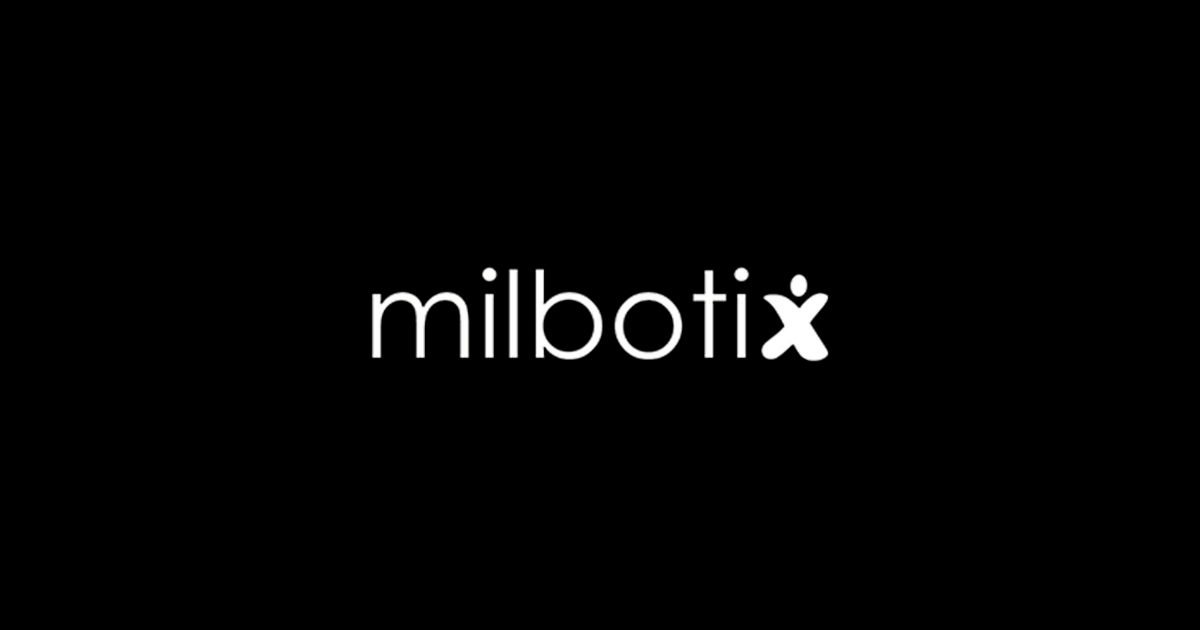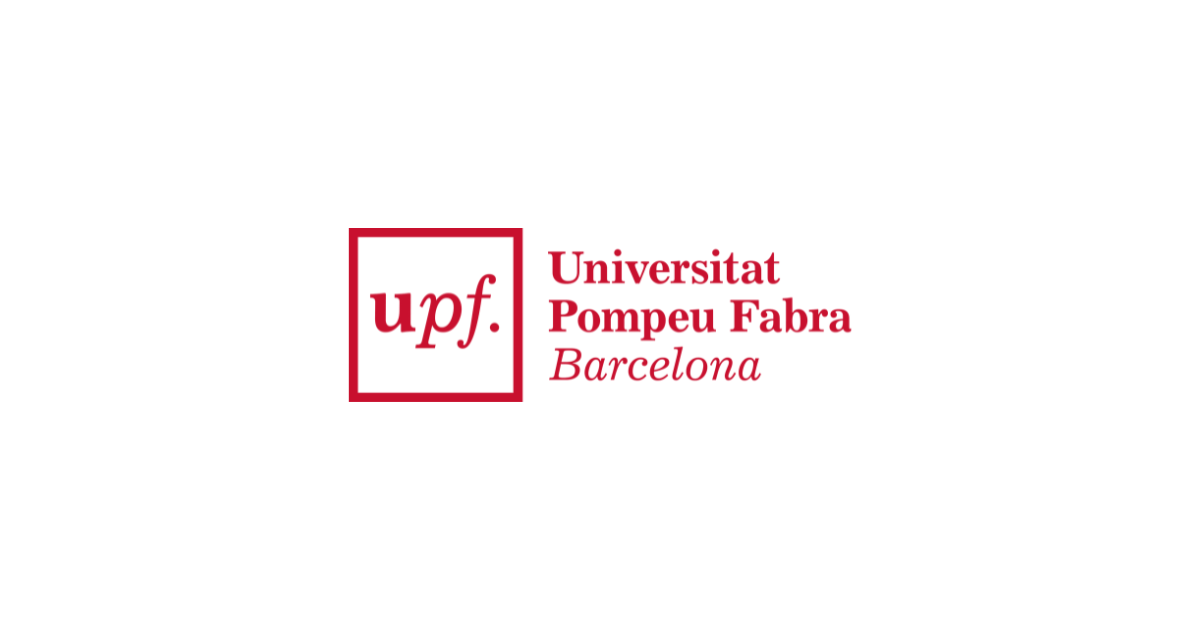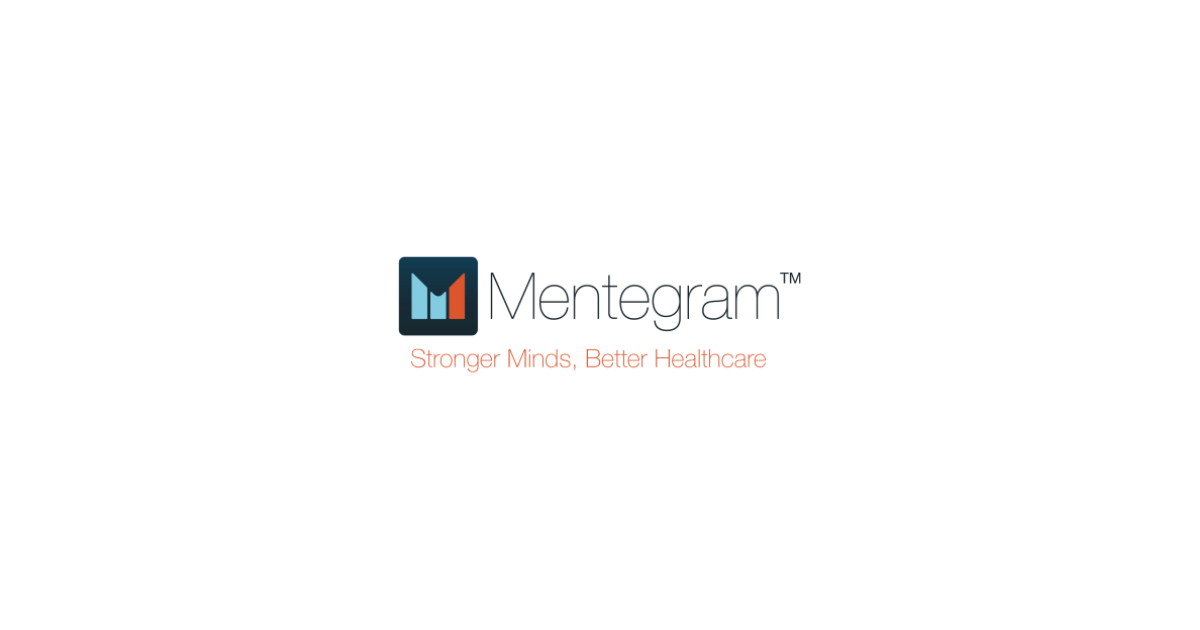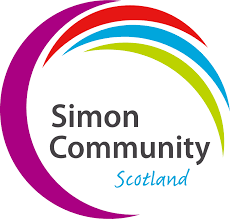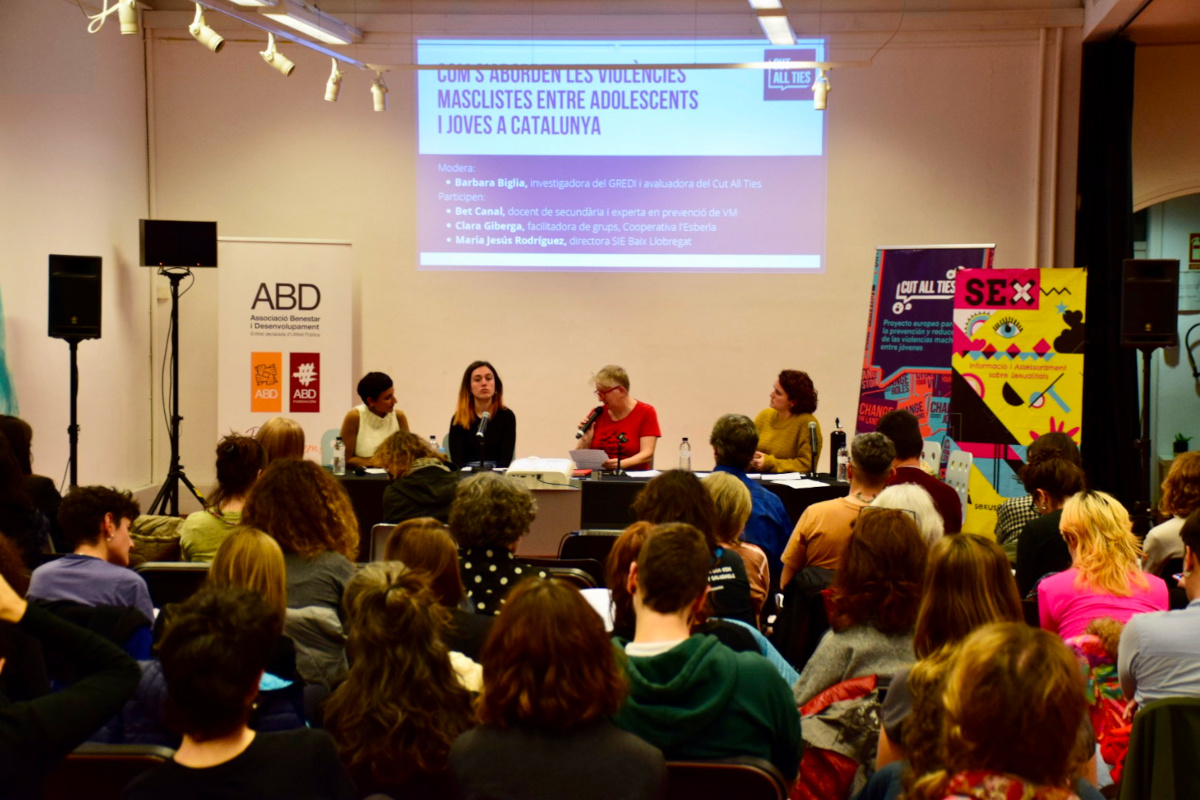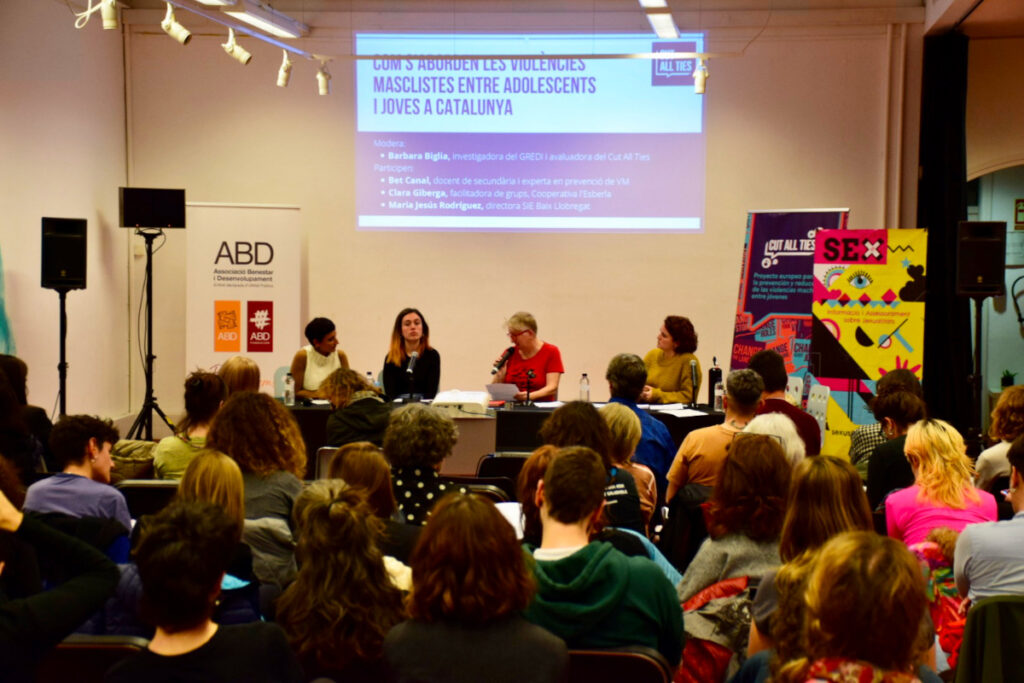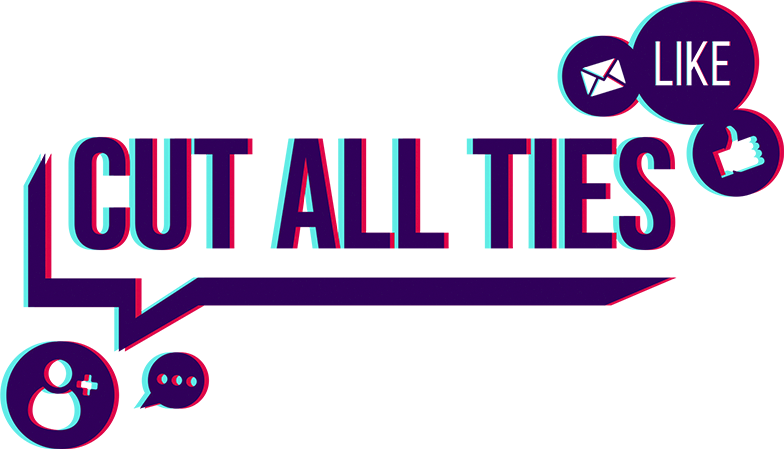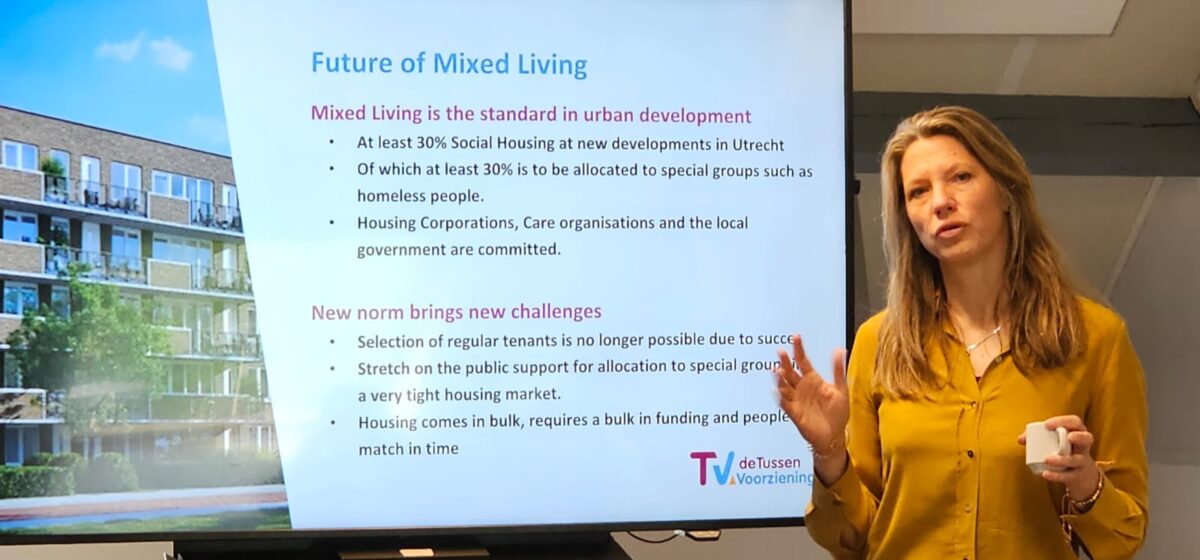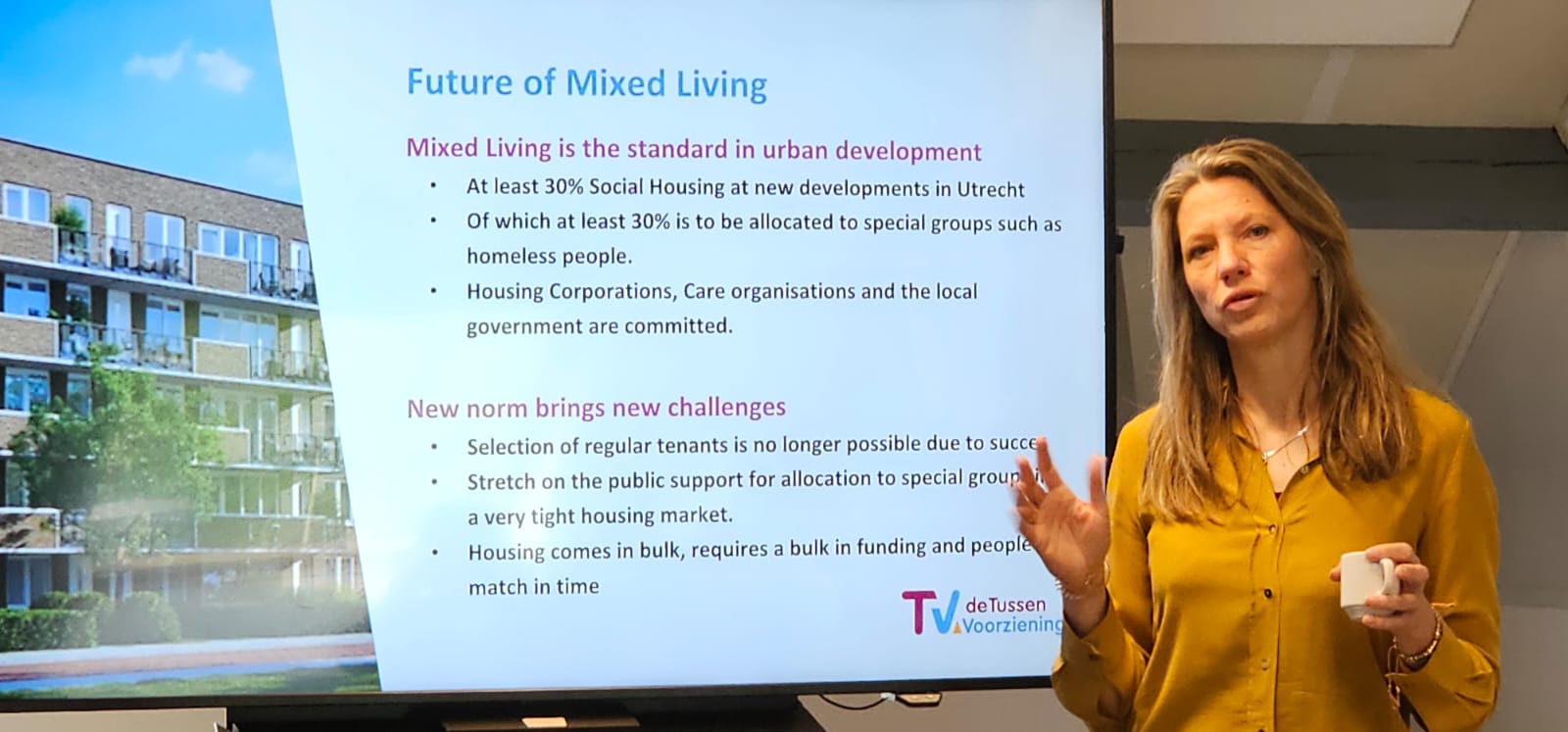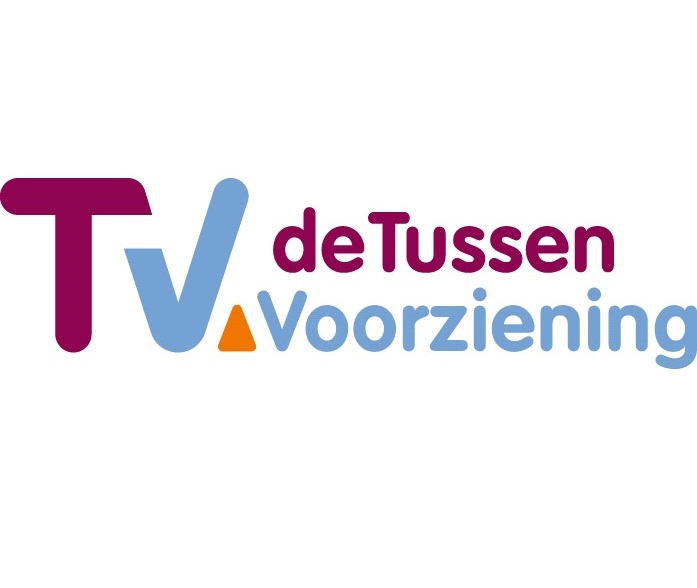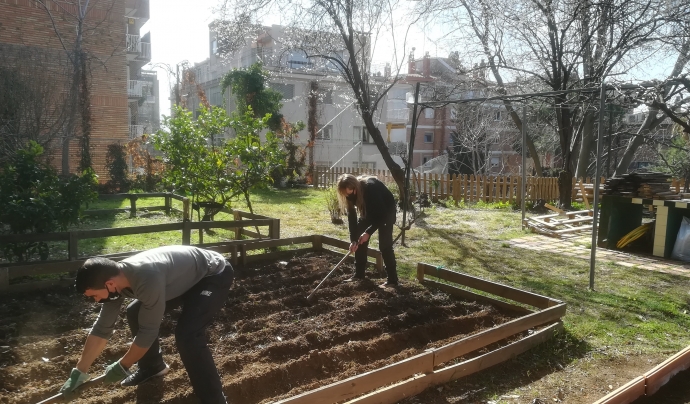Here to Help, a platform that offers resources to prevent suicide in people with autism spectrum disorder.
Here to Help, a platform that offers resources to prevent suicide in people with autism spectrum disorder.
Saint John of God Hospitaller Services
Application that provides resources aimed at preventing suicide in people with autism spectrum disorder

Difficulties in emotional regulation and suicidal behaviors are common among people with Autism Spectrum Disorder (ASD). In light of this reality, prevention strategies and resources can significantly contribute to their emotional well-being.
Here to Help is a digital platform that provides tools and resources to promote autonomy and independence in the emotional management of people with ASD. Through its website, it offers users a set of explanatory guides on topics related to mental health, providing concrete strategies for coping with each situation. It also suggests activities aimed at fostering autonomy in managing daily emotions and occasional crises.
In addition, it includes information focused on preventing addictions and other risk situations that may affect various areas, such as social or work environments. It also provides a list of other applications and web resources designed to support greater emotional well-being, as well as emergency contact information for urgent situations.
Here to Help also organizes training and awareness-raising workshops and events, in collaboration with MAIN, an organization that supports young people and children with autism through various activities. Through these initiatives, they offer knowledge- and support-oriented spaces for individuals with autism and their families.
Characteristics of innovation
Location
Catalonia
Partners / Founders
MANIN
Genesis
Here to Help was launched in 2024 by project director Gary Philipscon, with the aim of raising awareness and providing strategies to address mental health issues affecting people with ASD.
Level of implementation
Emotional regulation tools that promote autonomy and independence in people with ASD have a positive impact on reducing the risk of suicide and improving their emotional well-being.

Banc d’innovacions



